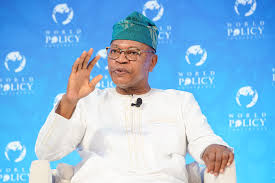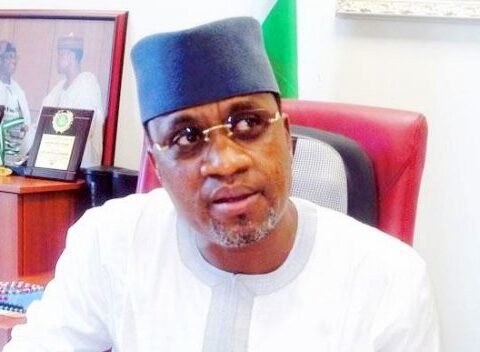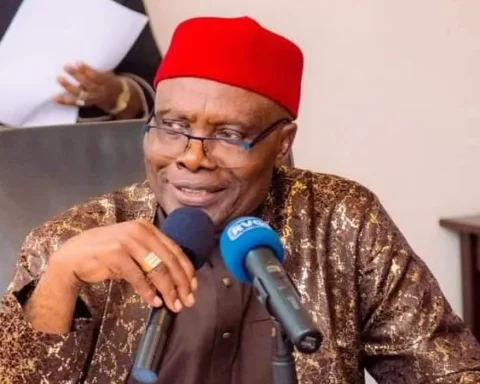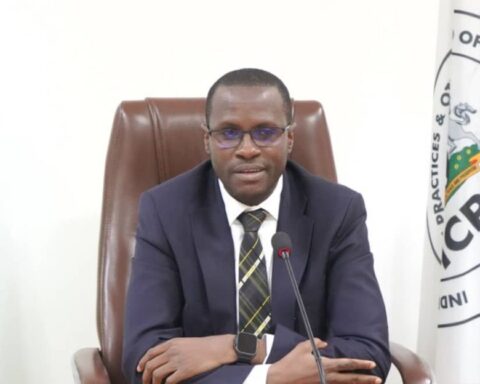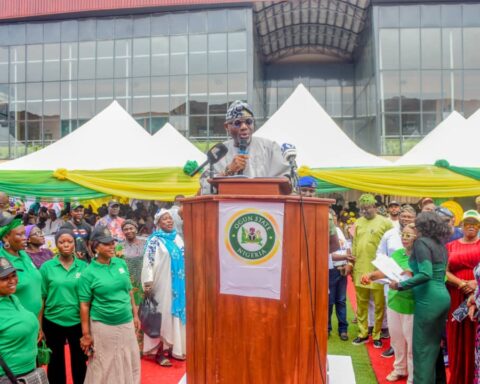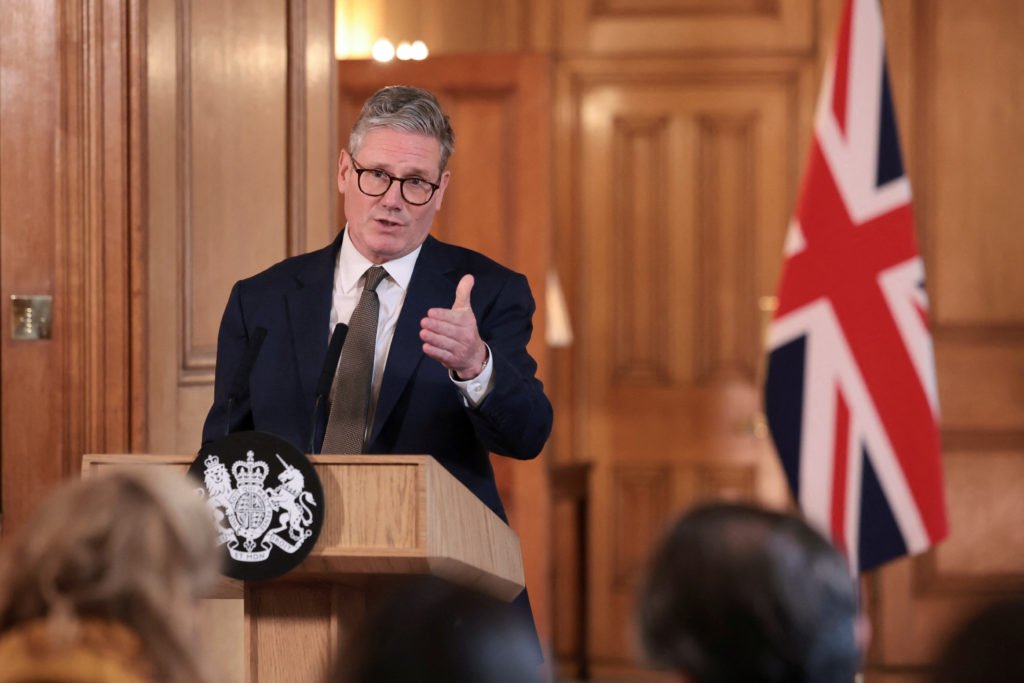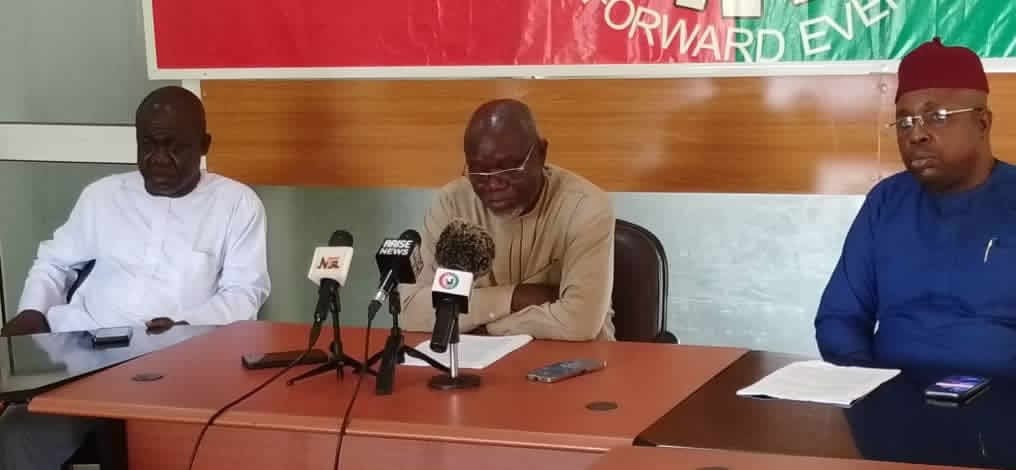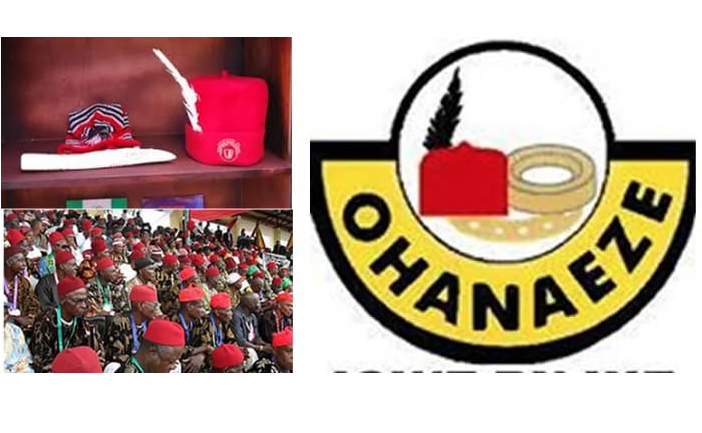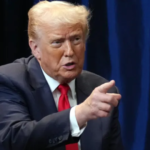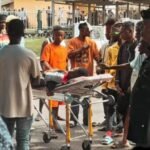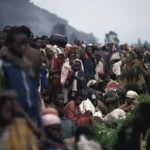By Emmanuel Oloniruha
Dr Mohammed Ibn Chambas, former President of ECOWAS, has urged African Governments to institutionalise intergenerational leadership programmes to ensure meaningful participation of youth in governance and economy.
Chambas, also a former Special Representative of the UN Secretary-General for West Africa and the Sahel (UNOWAS), made this call on Thursday in Abuja at the 10th-anniversary celebration of the Goodluck Jonathan Foundation (GJF).
The event, which also marked Jonathan’s 68th birthday, is with theme:”Legacy of Impact, Celebrating Our Journey.”
Emphasising the need for Africa to accelerate youth and women empowerment to build a stable future, Chambas said “we cannot silence the guns in Africa until we satisfy the youth.”
He noted that Africa continent’s landscape was evolving, with new generations demanding a seat at the table and new threats testing the resilience of democracies.
Chambas recalled that 50 years ago, Africa faced a world defined by Cold War strategic rivalry, economic marginalisation, apartheid, racism, and conflict.
He said that today the continent new challenges include economic uncertainty, unilateralism, and treat from multilateralism, widening global and national inequalities, geopolitical tensions, and disruptions of global value chains, terrorism, violent extremism, climate change.
“Demographically, the youngest continent on earth, young people are not just asking for a seat at the table anymore, they are demanding it.
“The recent wave of Gen Z protests across Africa, beginning with the Arab Spring in North America, end-SARS here in Nigeria, fixed the nation in my own Ghana.
“To various uprisings in Senegal, Togo, Liberia, Kenya, Angola, South Africa, Madagascar, Morocco, and very recently Tanzania, tell a story.
“It tells us a story of not only the failure of successive governments to deliver jobs or stop state capture, but the sheer insensitivity displayed of opulence by government officials and the apparatchiks in the face of endemic poverty among the less privileged.
“Let’s face it, these protests, while sometimes excessive, tend to get the attention and cause reactions and changes and reconstructions that could have been given on a silver platter.
“We cannot silence the guns in Africa until we satisfy the youth,’’ he said.
Speaking on the legacy of the GJF, established in 2015 to strengthen democratic governance, promote peace and ideals of justice, Chambas lauded the foundation’s role in fostering peace and credible elections in the region.
He identified the establishment and operationalisation of the West Africa Elders Forum (WAEF) as one of the most notable legacies, describing it as a homegrown, nonpartisan platform committed to preventing conflict and upholding democratic norms.
Chambas, a member of WAEF, revealed that “in the space of four years, between 2021 and 2025, the quiet diplomacy and trusted counsel of the forum has contributed to shaping at least seven peaceful electoral processes in West Africa.
” These include The Gambia, Sierra Leone, Nigeria, Liberia, Senegal, and Côte d’Ivoire, with Guinea-Bissau hoped to be the latest success story in the coming weeks.
“The WAEF stands as a powerful testament to the fact that the solutions to Africa’s most complex challenges often lie within it.
”It is a flagship initiative that embodies the foundation’s commitment to African-led solutions to African problems,” he said.
To build a more resilient and prosperous Africa, Chambas outlined the need to deepen democratic institutions beyond elections.
“This involves focusing on “systemic pillars of an independent judiciary, a vibrant legislature, functioning election management bodies, a free press, and robust anti-corruption frameworks,” he explained.
He also stressed the importance of institutionalising peacebuilding through models like WAEF.
Chambas paid tribute to Jonathan, calling him an African leader who genuinely believes in the democratic process.
He lauded Jonathan’s famous statement that his political ambition was “not worth a single drop of blood of any Nigerian” and acknowledged his ongoing relevance through the foundation’s interventions.
He also highlighted Jonathan’s conviction against coup d’etats and his belief in effective transitions through mediation, citing the former president’s roles in difficult transitions in The Gambia and Mali.
Chambas expressed hope that the foundation’s legacy would serve as a strong basis for achieving the African Union’s Agenda 2063 – an Africa free of war and conflict, harnessing its resources for the prosperity of all its peoples.
In his remarks, former Minister of Special Duties and now National Chairman of the PDP, Taminu Turaki, commended the GJF for growing into one of Africa’s most respected foundations.
Turaki lauded the foundation’s focus on peace, security, and democracy, noting that while security is a government’s responsibility, the foundation’s intervention has been phenomenal.
“In any civilized society, without peace, there will never be development, and without development, there will never be progress,” Turaki said.
He expressed pride in the GJF’s successes, not only in West Africa but across the continent, highlighting its Nigerian roots.
Former Secretary to the Government of the Federation, Sen. Anyim Pius Anyim, described Jonathan as a “teacher of democracy,” stating that “everything about Jonathan is democratic.”
He recalled an instance where Jonathan, in spite possessing enormous presidential powers, told his aides that “whenever a leader exercises 40 per cent of his powers, he will become a nuisance,” illustrating his commitment to restraint.
Anyim congratulated Jonathan on his birthday and the foundation’s anniversary.
He expressed confidence that the West African sub-region and the African continent would continue to benefit greatly from Jonathan’s wisdom, experiences, good heart, and philosophical commitment to what is good, fair, and right.
Follow us on all social media platforms @dailyquery for news and analyses around the globe.
